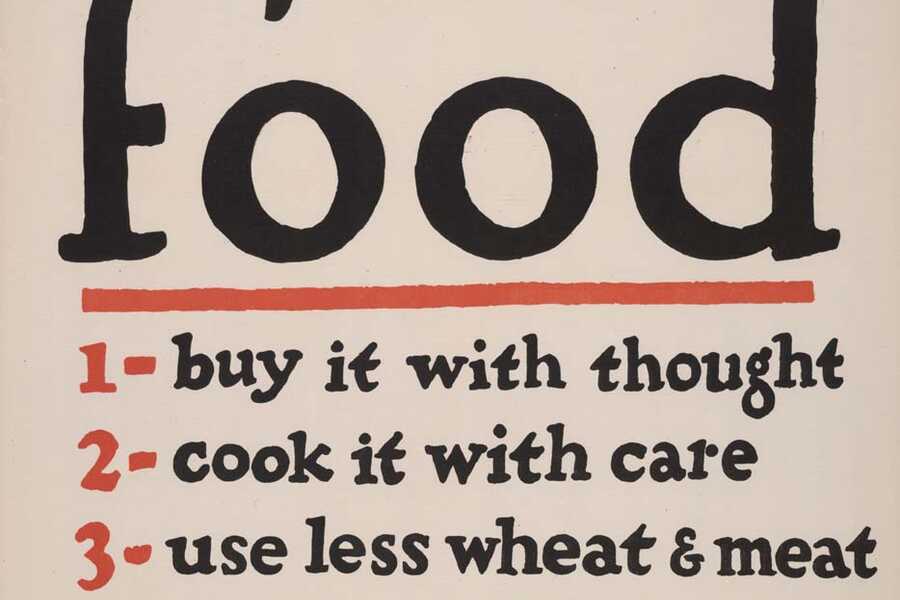Did you know that worldwide we produce enough food for the entire world population? However, 870 million people still suffer food scarcity and 2.5 million children die every year for malnutrition.
Today I would like to share the data concerning the world food production and consumption, and why/how we should improve it, to be more sustainable.
The whole food supply chain is quite un-efficient and unsustainable. In the U.S., for example, the food waste accounts for 58% of the total amount of food production. It is wasted along the production, supply shipping and retailing. Yet, a big part is wasted by restaurants and by households (respectively 15 and 25%). (Laura Newcomer, 2013)
The amount of food waste is striking. And the Netherlands (together with most of other European countries) is not that better! It has been estimated that in the Netherlands we already waste one third of our food production. Dutch households waste in average 14% of the food they buy. (Damn food waste)
The reasons why we waste food are many: it can be thrown away because of its appearance, the strict expiry date, or especially because we buy more than we an actually eat. In countries with higher incomes, the food is wasted even before entering the food chain. It is wasted because it does not satisfy certain cosmetic values, labeled as “not best quality”, maybe only because of a brown spot.
The only solution appears to be sensitiveness campaigns, directed to the actors involved in the food chain, from the producers to the households. An important campaign was started by Tristram Stuart (https://www.youtube.com/watch?v=cWC_zDdF74s), that in a TED talk explained how he started travelling the world to make companies and people more aware of food waste.
I truly believe that we play a big role in this and that in our daily life we should become more careful of how much food we buy and how we treat it. I myself believe that I can improve my way of dealing with food everyday. Don’t you?
Solutions to our daily dealing with food can be found at this address, by Laura Newcomer: http://greatist.com/health/how-to-ways-reduce-food-waste
Here I will present some of them, from the above link (Laura Newcomer, 2013):
- Shop smart. Plan meals, use grocery lists, and avoid impulse buys.
- Buy exactly what you need. For example, if a recipe calls for two carrots, don’t buy a whole bag.
- Use it all. When cooking, use every piece of whatever food you’re cooking with, whenever possible. For example, leave the skin on cucumbers and potatoes, sauté broccoli stems along with the florets Eat leftovers! Brown-bag them for work or school for a free packed lunch. If you don’t want to eat leftovers the day after they’re cooked, freeze and save them for later (just remember to note when you froze them so you can use them up in a timely fashion).
- Store better. If you regularly throw away stale chips/cereal/crackers/etc., try storing them in airtight containers — this should help them keep longer (or, of course, just buy fewer of these products).
- Donate the gross stuff, too! Many farmers happily accept food scraps for feeding pigs or adding to a compost heap.
- Understand expiration dates. Turns out those expiration dates don’t always have to do with food safety; rather, they’re usually manufacturers’ suggestions for peak quality. If stored properly, most foods (even meat) stay fresh several days past the “use-by” date.
By applying these simple behaviors and precautions we become more sustainable and we give the right importance that the vital source of energy for our body should have and have lately lost because of our spoiled society.
Bibliography
Damn food waste, consulted on 4 December, http://damnfoodwaste.com/?page_id=18&lang=en
Laura Newcomer, 29 Smart and Easy Tips to Reduce Food Waste, November 26, 2013, consulted on December 4, 2014, http://greatist.com/health/how-to-ways-reduce-food-waste
Tristram Stuart, The global food waste scandal, TED Talks, consulted on 4 December, https://www.youtube.com/watch?v=cWC_zDdF74s


